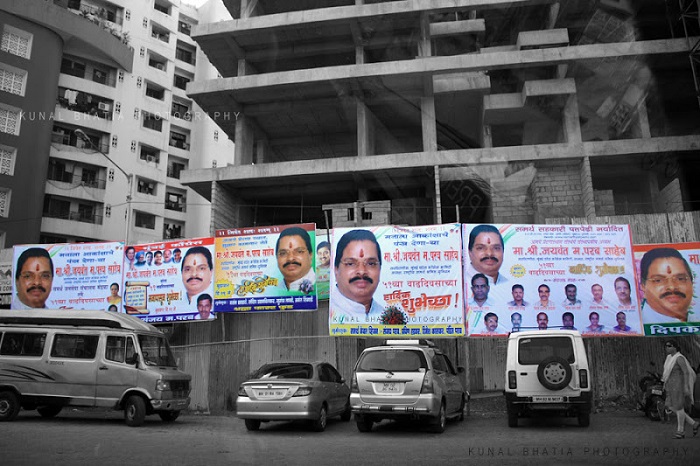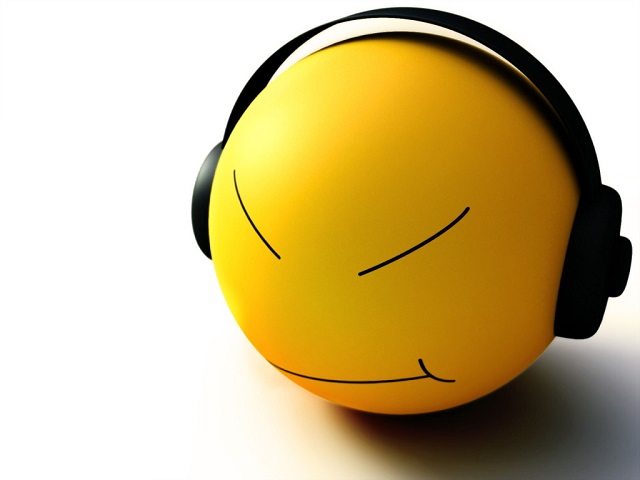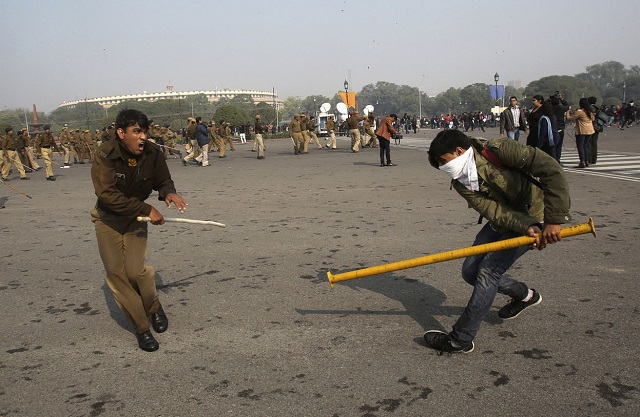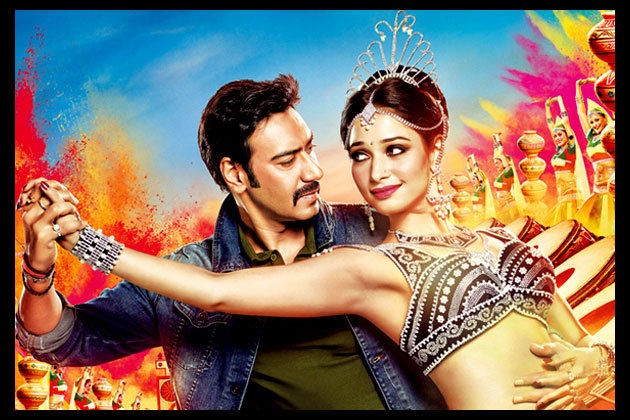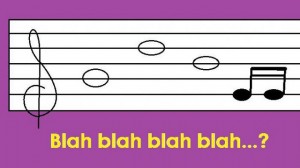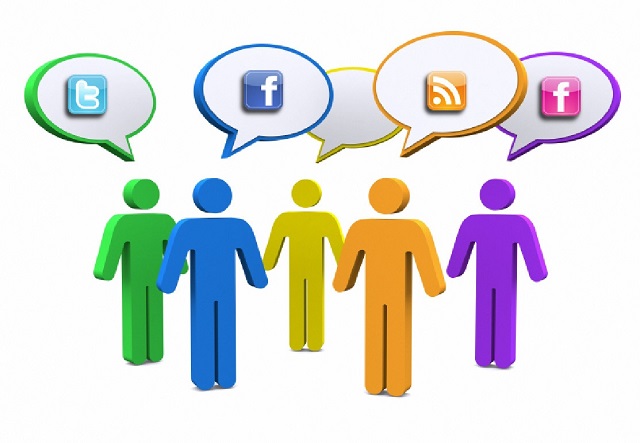Nobody wants to know which politician’s birthday is today, or if politicians remembered us during festivals. So why the hoardings?
 by Jatin Sharma
by Jatin Sharma
Today I saw a very strange thing.
A developed city like ours is forever marred by thousands of advertising messages around it. And the endless in-your-face promotions are just one reason. The actual reason is that people have a lot of purchasing power in Mumbai, and hence, thousands of hoardings adorn the cityscape to draw buyers in.
But does the city really need thousands of useless messages? Most of us are already aware of where we need to go to buy stuff, instead of looking at five foolish hoardings telling us the same. But my grouse is not even with the hoardings that are ads for products or places – I am really annoyed by the people who claim that they want to make this city beautiful and better to stay in, but who are the first ones to deface it with hoardings and banners: our politicians.
The politicians of this city, who argue that migrants are making Mumbai ugly. These same politicians try to portray that they are true Mumbaikars, who have always ‘cared for’ and who have been ‘sensitive’ to the needs of the city.
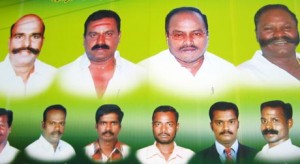 Thanks to Photoshop and thousands of chamchas, every nook and corner of the city has been plastered with mindless political agendas. And it’s not just the ‘Happy Birthday’ messages on these hoardings that I take issue with. As I said at the start of this column, today I saw a very strange thing – a hoarding that carried a Happy Birthday message for a politician’s dog in downtown Mumbai! Funnily enough, the dog went through a photo shoot too, as the pooch was wearing sunglasses in the picture.
Thanks to Photoshop and thousands of chamchas, every nook and corner of the city has been plastered with mindless political agendas. And it’s not just the ‘Happy Birthday’ messages on these hoardings that I take issue with. As I said at the start of this column, today I saw a very strange thing – a hoarding that carried a Happy Birthday message for a politician’s dog in downtown Mumbai! Funnily enough, the dog went through a photo shoot too, as the pooch was wearing sunglasses in the picture.
How does wishing a politician’s dog on his birthday align me, a citizen, with that political party? Like, really? What is so special about this dog? Does it go out and do public service with its master? Does it do election campaigning? Does it attend civic meetings and vote in favour of important measures?
And this is not the only example. What about the rash of hoardings wishing people during Ganesh Chaturthi, Ramazan, Ambedkar Jayanti? Don’t you think these hoardings instigate communities against each other with divisive ideas?
Every hoarding seems like a burn mark on the skin of the city. A city that is progressive in spirit still houses these political factions that promote yesteryear political agendas only to remind people of issues that should be last on their list. Half of the times, these hoardings feature youth leaders that no one knows and no one cares about. Some of them even have all the photos of family members. I continue to be puzzled by hoardings that have a giant hand in the centre and the words, ‘THANK YOU MADAM’ emblazoned on it, or a lotus that supposedly stands for ‘HINDUTVA KI PEHCHAAN’ or even ‘EK TA TIGER’ for other big cats.
Seriously, who are these guys kidding? Are their photoshopped mugshots going to make any difference to those forced to look at them? If the hoardings broadcast some sound issues – like recent public works done in an area – would they make any sense to people, and even then, a small banner displayed for a day or two will suffice.
And to add the woes of the public, the rate to put up hoardings is an amount that literally anybody can afford, so putting up hoardings is possible for every aspiring politician.
And what is the Government and BMC doing? The media focusses on this issue sporadically, after which the BMC pretends to take some action against illegal hoardings, but things go 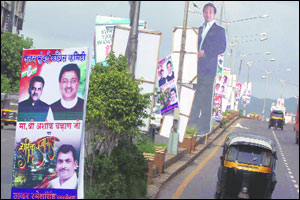 back to the way they were in a few days. The Government needs to impose a code of conduct for political parties, where pushing private agendas in a public place – like wishing somebody on their birthday via a public hoarding – becomes a cognisable crime.
back to the way they were in a few days. The Government needs to impose a code of conduct for political parties, where pushing private agendas in a public place – like wishing somebody on their birthday via a public hoarding – becomes a cognisable crime.
If we say nothing, even a politician’s dog’s birthday will become an important civic issue. Let’s not allow somebody’s birthday to feature on our cityscape. And let’s not fall prey to their fake Ganpati, Ramazan and Ambedkar Jayanti wishes, either.
Dear politicians, how about listing what work you’ve recently done? Or what work you are currently engaged in? How about telling us how much of our money you’ve utilised for us? How many of our grievances you’ve solved? And how about not putting your ugly faces on huge hoardings to make these announcements? If you’re working for the people, your work will automatically be your biggest advertisement. Think about it. And don’t announce what you’re thinking about via a hoarding.
Jatin Sharma is a media professional who doesn’t want to grow up, because if he grows up, he will be like everybody else.
(Pictures courtesy Kunal Bhatia, www.whiteindianhousewife.com, www.indianexpress.com)
